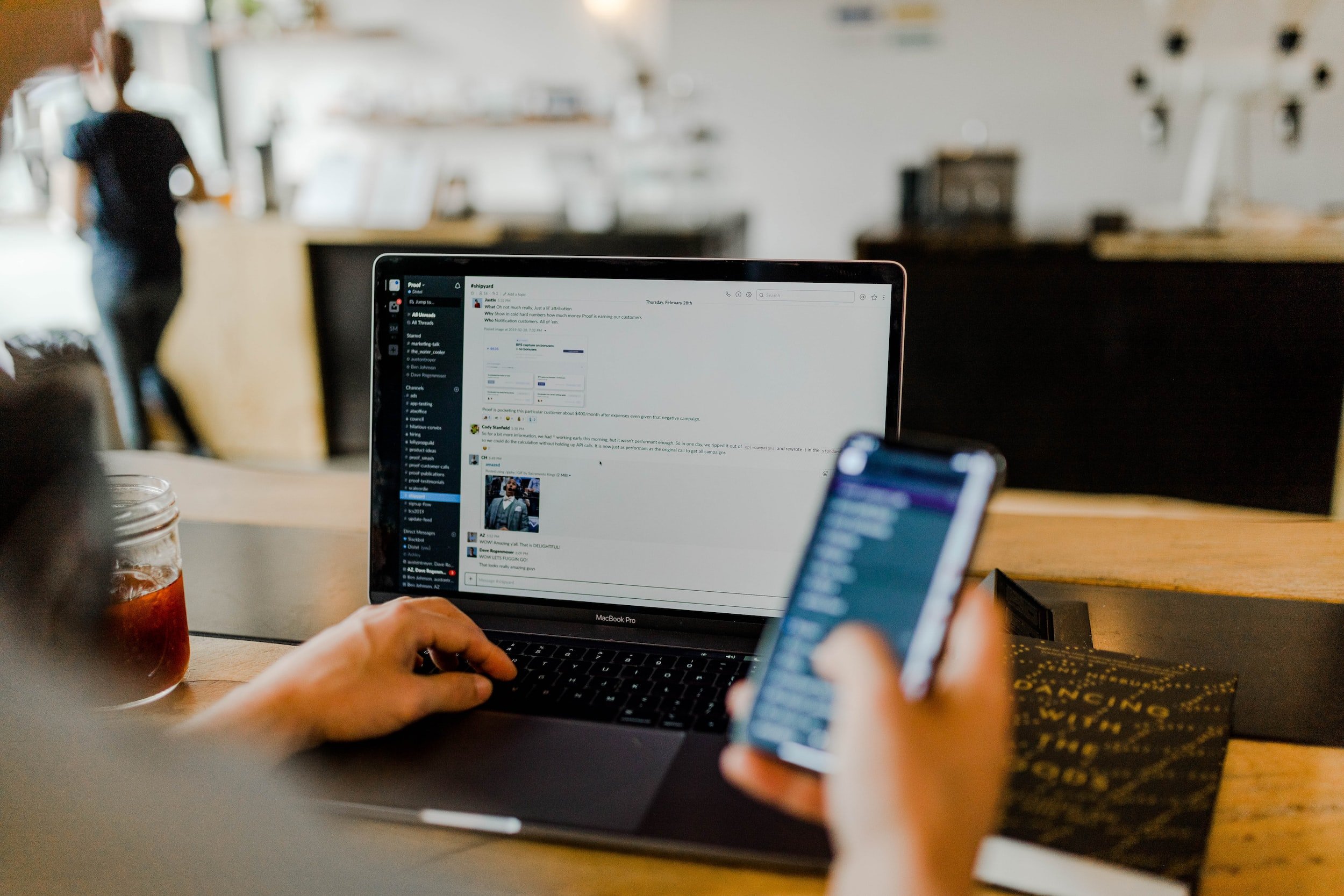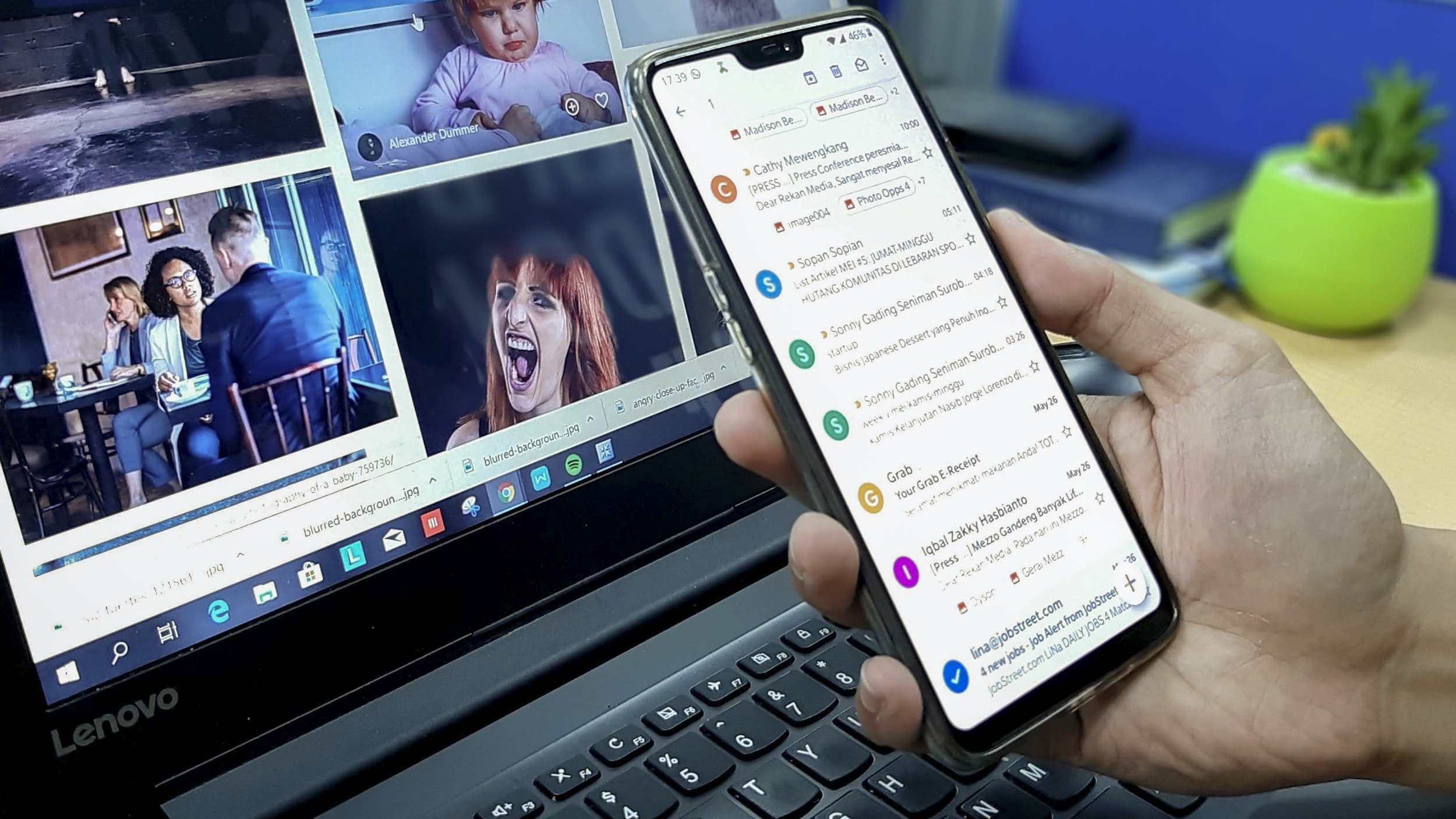How to digitally declutter your life
/If you haven't noticed by now, the world is digital. We don't use paper to write anymore, we don't send letters through the mail and we certainly don't call people on a landline phone. Our entire life has become digitized in some way or another; even if that just means our photos are stored digitally rather than on film! Yet as technology becomes more integrated into our lives, it can also become overwhelming; especially when it comes to cleaning up your digital footprint so that hackers cannot get access to your personal information or social media accounts are not compromised in any way shape or form. Here are six tips for organizing your digital declutter list:
Make a digital "sweep" list.
To begin, you'll need to create a list of all the things you want to declutter. This can be as simple as writing down each item on a piece of paper or using a digital document. If you don't know where to start, try making a list of everything that comes to mind when thinking about digital decluttering.
Once you've got your list ready, set aside some time for this project and make sure it doesn't overwhelm yourself with too many items on your list! Don't forget about passwords/security questions etc., either!
Kill your inbox.
The first step to decluttering your inbox is to delete/unsubscribe all emails that you don't need/want anymore. Then, set up filters and rules that will automatically file emails into specific folders. This will prevent you from having to manually file each email as it comes in, and it's an easy way to get started on the digital decluttering process.
Here are some ways you can do this:
Set up filters so that important messages go directly into designated folders, such as "Important" or "To Read." You can also create folders for different types of messages (e.g., "Client," "Co-worker," etc.).
Create rules so that emails from certain people or companies go directly into a particular folder--for example, if someone at work emails me about an upcoming meeting with my supervisor, I want those messages sent directly into a folder labeled 'Meetings.'
Clean up your contacts and social media lists to keep them relevant, active and up-to-date.
Delete contacts that are no longer active.
Delete social media accounts that you no longer use.
Delete emails that you no longer need (or at least archive them).
Update your contact lists regularly so they're up-to-date and relevant to what you do now in your life
Delete old text messages, voicemails and emails that you no longer need but are still sitting in some electronic archive system on your phone or computer.
Delete old text messages, voicemails and emails that you no longer need but are still sitting in some electronic archive system on your phone or computer.
This is a great way to declutter because it's easy to do and can solve the problem of having too much stuff on your devices. It may be hard for some people who don't like deleting things (I'm one of those people), but there's really no reason not to delete stuff if it doesn't serve any purpose anymore.
Delete or archive your read audio book titles.
If you keep books in your library that you have not finished ask yourself why you did not finish it and if it is really something you want to read n the future. Don't feel guilty for deleting a book that you did not read, if it does not support you in your present of future life it is a waste of your time.
Regularly change out saved passwords, logins, pins and security questions.
You can also use a password manager that generates strong ones for each site as well as remembers them automatically for you. This way you will only have one single set of codes that unlocks everything from Amazon Prime purchases to banking accounts and travel sites like AirBnB or Expedia!
Regularly change out saved passwords, logins, pins and security questions so they do not become vulnerable to hackers. Use programs like LastPass or Password Boss to help keep track of them all!
As you can see, there are many ways to declutter your digital life. If you feel overwhelmed by the thought of doing all of this at once, don't worry! Take it one step at a time and make sure the first thing on your list is making a sweep list so that you can keep track of what needs done when. Once that task is completed (and trust us when we say it will feel amazing), move onto something else like killing off those old emails.
Copyright © 2022 by Janine Morales, Professional Organizer, Educator, and Consultant in San Diego and surrounding areas.






